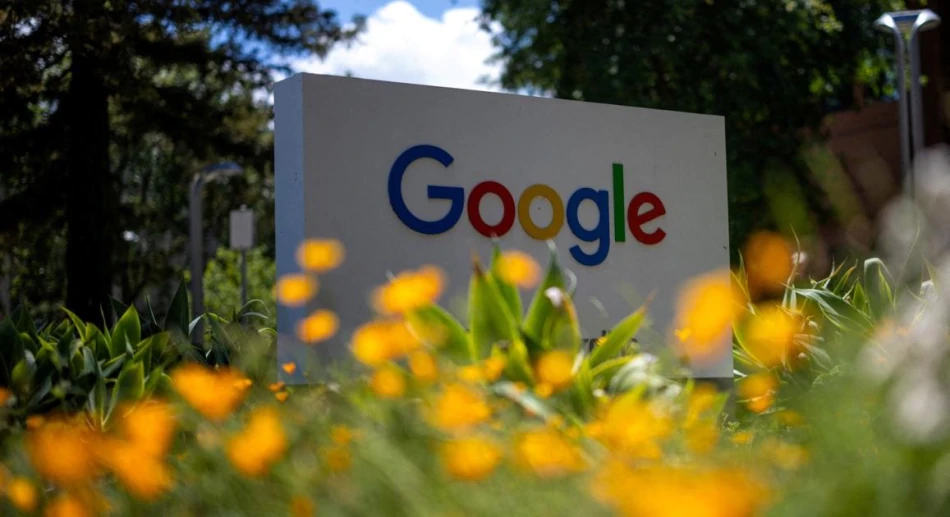
Google Escapes Division, Court Orders Chrome Restructuring
Google Dodges Breakup as Judge Rejects Chrome Sale, Preserves Billion-Dollar Search Deals
A federal judge has delivered a mixed victory for Google, rejecting the Trump administration's demand to force the sale of Chrome browser while allowing the tech giant to maintain its lucrative default search agreements worth over $26 billion annually. The 226-page ruling represents a more measured approach to antitrust enforcement than the government sought, even as it imposes new data-sharing requirements on the search monopolist.
A Restrained Remedy in the AI Era
U.S. District Judge Amit Mehta's decision reflects the complexity of regulating Big Tech during a period of rapid AI transformation. Unlike previous landmark antitrust cases—such as the Microsoft browser wars of the 1990s—this ruling acknowledges that emerging technologies like ChatGPT and Perplexity are already challenging Google's search dominance organically.
The judge explicitly noted the difficulty of forward-looking remedies, writing that "unlike typical cases where the court's task is to resolve disputes based on historical facts, the court here is asked to look into the future. This is not within a judge's purview."
Default Deals Survive Despite Antitrust Concerns
The most significant aspect of Mehta's ruling may be what it doesn't prohibit. Google's default search agreements—including its estimated $20+ billion annual payment to Apple—will continue unchanged. These deals were central to the original monopoly finding, yet the judge concluded that banning them would cause more harm than good.
This decision validates the lobbying efforts of Google's partners. Apple warned during hearings that losing Google payments would undermine its innovation budget, while Firefox's parent company argued that losing Google revenue could threaten its survival entirely.
Data Sharing: The Real Penalty
Instead of structural breakup, Mehta chose a data-focused remedy. Google must provide competitors access to some of its most valuable assets: the search data accumulated from trillions of queries that powers its algorithmic superiority.
This approach mirrors regulatory trends in Europe and other jurisdictions, where data portability and interoperability requirements are increasingly preferred over corporate dismantling. The EU's Digital Markets Act, for instance, similarly focuses on data access rather than forced asset sales.
Market Implications: Evolution Over Revolution
For investors, this ruling suggests a more predictable regulatory environment than the government's initial breakup demands implied. Google parent Alphabet can maintain its integrated ecosystem while facing increased competition through mandated data sharing.
The decision also reflects practical market realities. Chrome's dominance stems largely from user preference and integration benefits—factors that wouldn't disappear with a forced sale. A spun-off Chrome would likely struggle financially while potentially creating new competitive distortions.
The AI Wild Card
Perhaps most importantly, Mehta's restrained approach acknowledges that artificial intelligence may accomplish what antitrust enforcement cannot: genuine disruption of Google's search monopoly. Companies like OpenAI and Anthropic are already creating "answer engines" that bypass traditional search entirely.
This technological shift influenced the judge's calculus. Why impose dramatic structural remedies when market forces—powered by generative AI—may naturally erode Google's dominance within years rather than decades?
Global Precedent Setting
The ruling establishes important precedents for other jurisdictions grappling with Big Tech regulation. Unlike more aggressive approaches in some European markets, Mehta's decision suggests that U.S. courts may favor targeted interventions over wholesale restructuring, especially in rapidly evolving technology sectors.
This measured approach may influence how other countries—from the UK to Australia—handle their own Big Tech investigations, potentially creating a more globally consistent regulatory framework that balances competition concerns with innovation incentives.
Most Viewed News

 Omar Rahman
Omar Rahman






